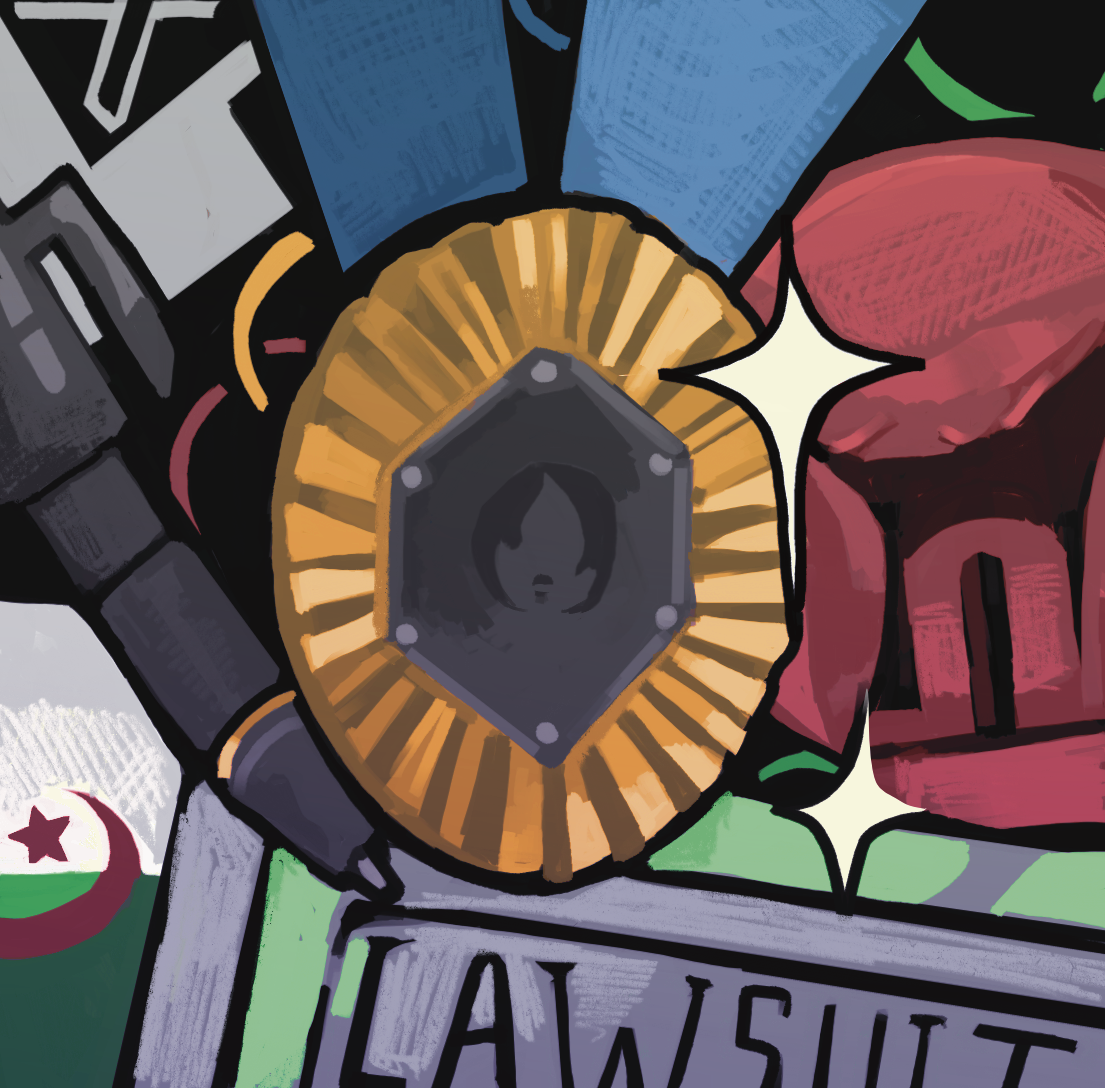Why staying undeclared major has hidden benefits

Calling adventurers — undeclare your majors! What’s more daring than explaining to extended family at Thanksgiving that you aren’t actively working towards a degree? Or anything more terrifying than not knowing when you’ll graduate? Being undeclared is a signal that you are planning to gain something from your education, might save you money in the long run and sets you up to pursue something you’re genuinely interested in.
If being undeclared seems terrifying, first, consider this affirmation: you don’t need to know exactly what you want to do for a career. Even though the college application process encourages boiling a complex life into a 500-word essay, it is totally normal to change, completely scrap or not even have this vision in the first place.
I entered college undeclared and loved every minute of it. I don’t want to minimize the cost of school and familial pressures — I am lucky to have a scholarship, a supportive and understanding home environment and transferable credit that gives me flexibility in my degree plan. I acknowledge the privileges that made my undeclared-ness possible and positive. Undeclaring isn’t for everyone. And yet, I think there are many more people than those currently undeclared who could gain from decisive indecision.
There is so much more than a diploma and GPA between the freshman and senior year of undergraduate education. There is a dedication to personal and professional development, increased independence, and self-exploration. In addition, there are clubs, internships, research opportunities and so many steps along the way to supplement what you can’t find in classes. Entering college undeclared is a visible declaration that you intend on allowing college to shape you. Undeclared doesn’t have to mean aimless. Rather, it’s an openness to new experiences, new passions and new potentials.
Furthermore, by entering college undeclared, you’re liberated to experiment with your courses, too. Most freshmen, like myself, are only exposed to the classes their high school offered. While they may enjoy many of those classes, how are incoming freshmen supposed to say with certainty that they want to study biomedical engineering if their only exposure to the health field was one biology class in high school? Chances are, if you are distinguishing between these specific majors, the pre-requisites are going to be similar so there is no need to rush.
That being said, it’s important to have a game plan. When I arrived on campus, I reached out to professors in different majors that I was considering. Meeting with engaged, passionate students and professors helped me navigate what was interesting to me and helped me assess where there are resources on campus. Don’t be afraid to do this, too — professors are here because they want to help you! But I would not have had the self-agency to do this if I had entered college declared.
There is a fallacy that entering college undeclared is a waste of money, but I’d argue the opposite. By entering college undeclared, you’re forced to think critically about what you want from your education and what experiences are worthwhile. In addition, the fear of going from declared to undeclared is equally unjustified — these fears are the same ones that keep established professionals in unfulfilling careers. These are sunk costs and it’s not too late to change paths and chase what you love.
Changing majors can be pricey. After two major changes, there is a $50 fee for every consecutive change at UTD. Changing your major out of undeclared, however, doesn’t even count! The U.S. Department of Education estimates that 30% of undergraduate students will change their major at least once. Consider this: instead, those students could enter college undeclared, explore survey courses and knock out some prerequisites, and only declare once they settled in a major they feel confident in, saving themselves some money in the process.
There is a lot of emphasis on choosing a major that will best prepare you for landing a job or going on to further education. These are worthy pursuits and I acknowledge that I am a rising sophomore that hasn’t had to navigate this yet. But I still believe that there is a much smaller emphasis on specific majors than we are led to believe. For example, a good non-profit manager could have a degree in chemistry or public policy or art history as long as they are a strong leader. Your coursework doesn’t have to perfectly reflect your professional goals, so major in something you are genuinely excited about learning. Take the leap of decisive indecision.
Patricia Mathu is (now) a historical studies major from Milwaukee, Wisconsin.




